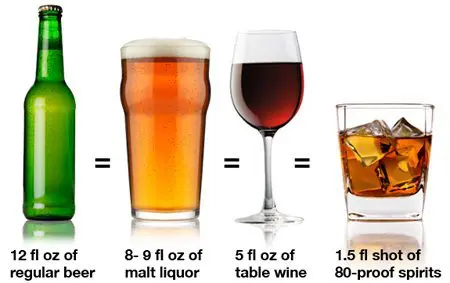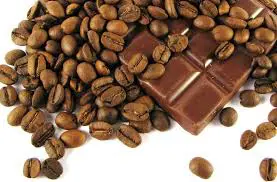It’s been a good while since you had a nice cold sip (or warm if that’s how you take it) of alcohol–probably, oh, about 40 weeks, and now here you sit breastfeeding that adorable new baby thinking to yourself, “My wouldn’t a glass of wine be fine,” and then just as quickly, “Is alcohol and breastfeeding safe?” The answer is sort of yes, drinking alcohol while breastfeeding can be done, but there are some things you should know.
What do the doctors say about alcohol and breastfeeding?
“When a lactating woman consumes alcohol, some of that alcohol is transferred into the milk. In general, less than 2 percent of the alcohol dose consumed by the mother reaches her milk and blood. Alcohol is not stored in breast milk, however, but its level parallels that found in the maternal blood. That means that as long as the mother has substantial blood alcohol levels, the milk also will contain alcohol. Accordingly, the common practice of pumping the breasts and then discarding the milk immediately after drinking alcohol does not hasten the disappearance of alcohol from the milk as the newly produced milk still will contain alcohol as long as the mother has measurable blood alcohol levels.” from Alcohols Effect on Lactation by Julie Mennella Ph. D.
In translation, yes if you drink alcohol while breastfeeding it can end up in your baby’s system. “Pumping and dumping” meaning to pump your breast milk and then pour it out is a pointless measure, because the alcohol is not stored in the milk itself. The new milk that is produced after pumping will still contain alcohol. The contamination comes from your own blood.
However, a breastfeeding mother can enjoy a glass of wine as long as she allows sufficient time after consumption for the alcohol to be processed by her body.
How long after drinking alcohol should you wait to breastfeed?

It takes one hour for one unit of alcohol to be processed by the body. One unit is the equivalent of a half pint of 3% beer, 25 mL of spirits (40%), or one 125 ML glass of your average wine. Keep in mind 125 mL is actually about 2/3 of your basic wine glass. Processing times can also vary by weight, height, liver function, and even what you’ve had to eat. Basically, think of the rules of driving after drinking and apply them to alcohol and breastfeeding.
What effects can consuming alcohol and breastfeeding have?
Studies show that drinking alcohol and breastfeeding can decrease milk supply. In addition, babies who regularly feed from mothers who consume alcohol on a daily basis exhibit decreased motor development, interrupted and shorter sleep patterns, and may have learning issues later on.
So, do alcohol and breastfeeding mix?
To sum it up, you can consume alcohol and breastfeed, however, regular consumption is not recommended as it can have adverse effects on your baby. If you do decide to drink alcohol and breastfeed, you need to wait before nursing. Basically one glass of wine with dinner won’t hurt your baby as long as you give it around two hours before breast feeding– Getting wasted every night, however, is not a good idea.
You might also find useful:
Marijuana and Breastfeeding
Caffeine and Breastfeeding
Breastfeeding Diet


